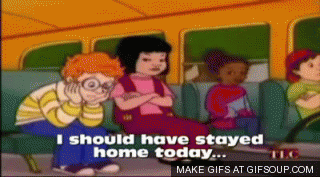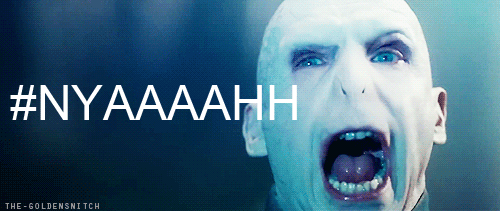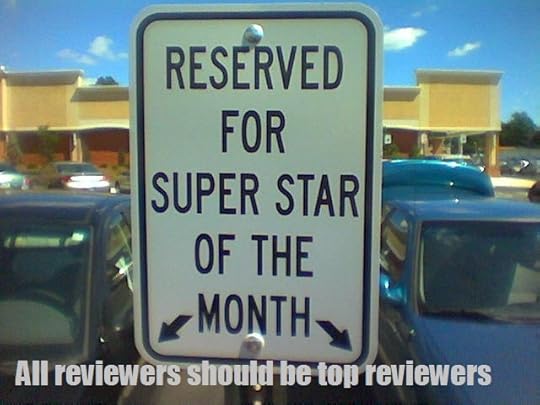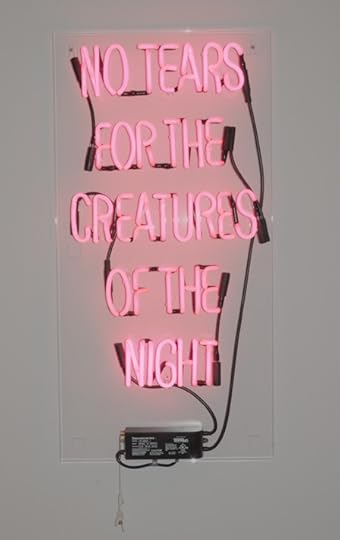What do you think?
Rate this book


592 pages, Hardcover
First published October 16, 2012








"In Sara's daughter, this triumphantly alive little person that Sara's body had made, lay the answer to the greatest mystery of all - the mystery of death, and what came after. How obvious it was. Death was nothing, because there was no death. By the simple fact of Kate's existence, Sara was joined to something eternal. To have a child was to receive the gift of true immortality - not time stopped ... but time continuing and everlasting."just as moving was Amy's final goodbye to Wolgast.
The next two books each go back to Year Zero at the outset, to reset the story, and to deal with something you didn't see and didn't know was as important as it was. It's not a linear quest story, which I would find dull and plodding. With each book, you need to have the narrative terms reestablished with fresh elements. Also, if you didn't see [a character] die, they're not necessarily dead. There's a big cast in the first book, and plenty of unresolved stuff. I will resolve it by the end. [Early vampire character] Anthony Carter? No, not abandoning him.
In [The Twelve], you go back to what happened in Denver after the outbreak took place. The story will resume in that location a few days after breakout. So you can see another angle on what occurred and certain elements will affect our band of heroes 100 years in the future. It will be called The Twelve - and it's not who you think.